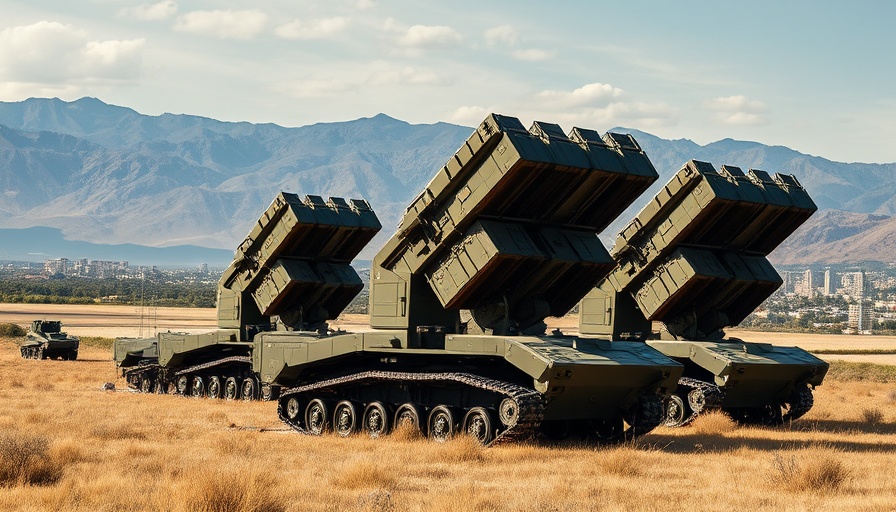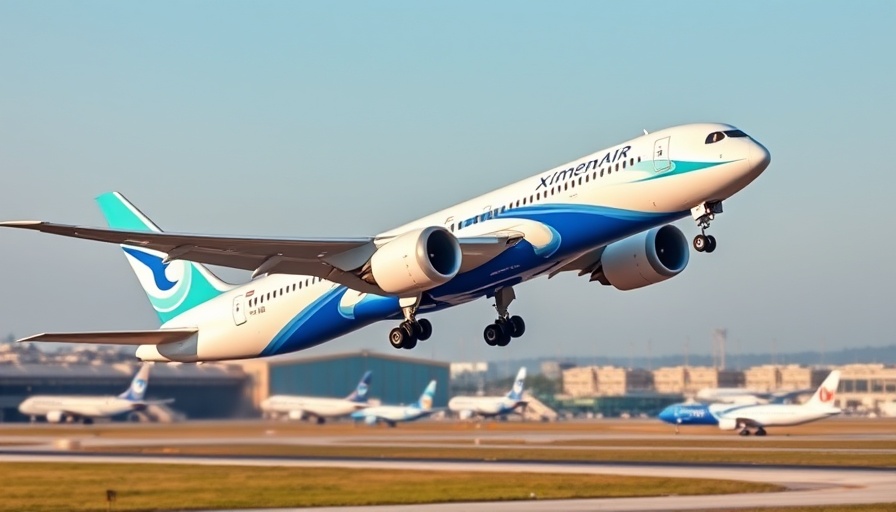
Air Canada Flight Attendants Secure New Tentative Agreement
Amid an air travel landscape fraught with tensions surrounding labor negotiations, flight attendants at Air Canada have achieved a critical milestone by reaching a tentative agreement characterized by enhanced benefits. This development is noteworthy not only for its immediate impact on Air Canada’s cabin crew but also for its reflection on the broader trends in airline labor negotiations.
Challenges Persist for PSA Airlines Flight Attendants
In stark contrast, the atmosphere at PSA Airlines, a regional partner of American Airlines, remains tense as flight attendants demand better contract terms. Led by the Association of Flight Attendants, these employees are advocating for improved pay rates, particularly boarding pay—a crucial component that has gained traction across the industry.
While Air Canada’s flight attendants have successfully obtained a tentatively favorable deal, the PSA attendants are frustrated with initial wage proposals being limited to low single-digit increases. Sean Griffin, a veteran flight attendant and vice president of PSA’s master executive council, emphasized that at PSA, boarding pay is only offered at 25% of what industry standards uphold, depicting a clear disparity in treatment.
The Significance of Boarding Pay in Current Negotiations
Boarding pay has emerged as an essential bargaining point across various airlines. As noted, this adjustment reflects evolving standards that impact both employee morale and financial security. Currently, while flight attendants at companies like Delta and United see boarding pay infused into their compensation, PSA flight attendants are left grappling with subpar offers.
Positive Signs Amid Ongoing Negotiations
Despite the challenges at PSA, the involvement of veteran negotiator Jerry Glass in upcoming talks in Washington, D.C., presents a beacon of hope. Griffin noted that the company’s willingness to bring Glass back to the table indicates a potential willingness to negotiate in good faith. This could ultimately lead to results that align more closely with what flight attendants nationwide are fighting for.
The ongoing labor negotiations are not isolated incidents in the aerospace sector; they highlight the complexities and challenges faced by aviation workers today. For the community of airline employees, these developments carry implications that extend beyond immediate financial concerns—they reflect a collective push for acknowledgment, equity, and improved working conditions in an industry traditionally viewed as under-compensated.
Empowering Flight Attendants Through Collective Action
The recent demonstration by PSA flight attendants signifies the broader solidarity among airline workers advocating for their rights. As they rally for fair compensation and improved workplace policies, the outcomes of these negotiations could set significant precedents for future labor relations within the aerospace industry. The determination shown by these flight attendants is an empowering narrative for employees across various sectors.
 Add Row
Add Row  Add
Add 




Write A Comment